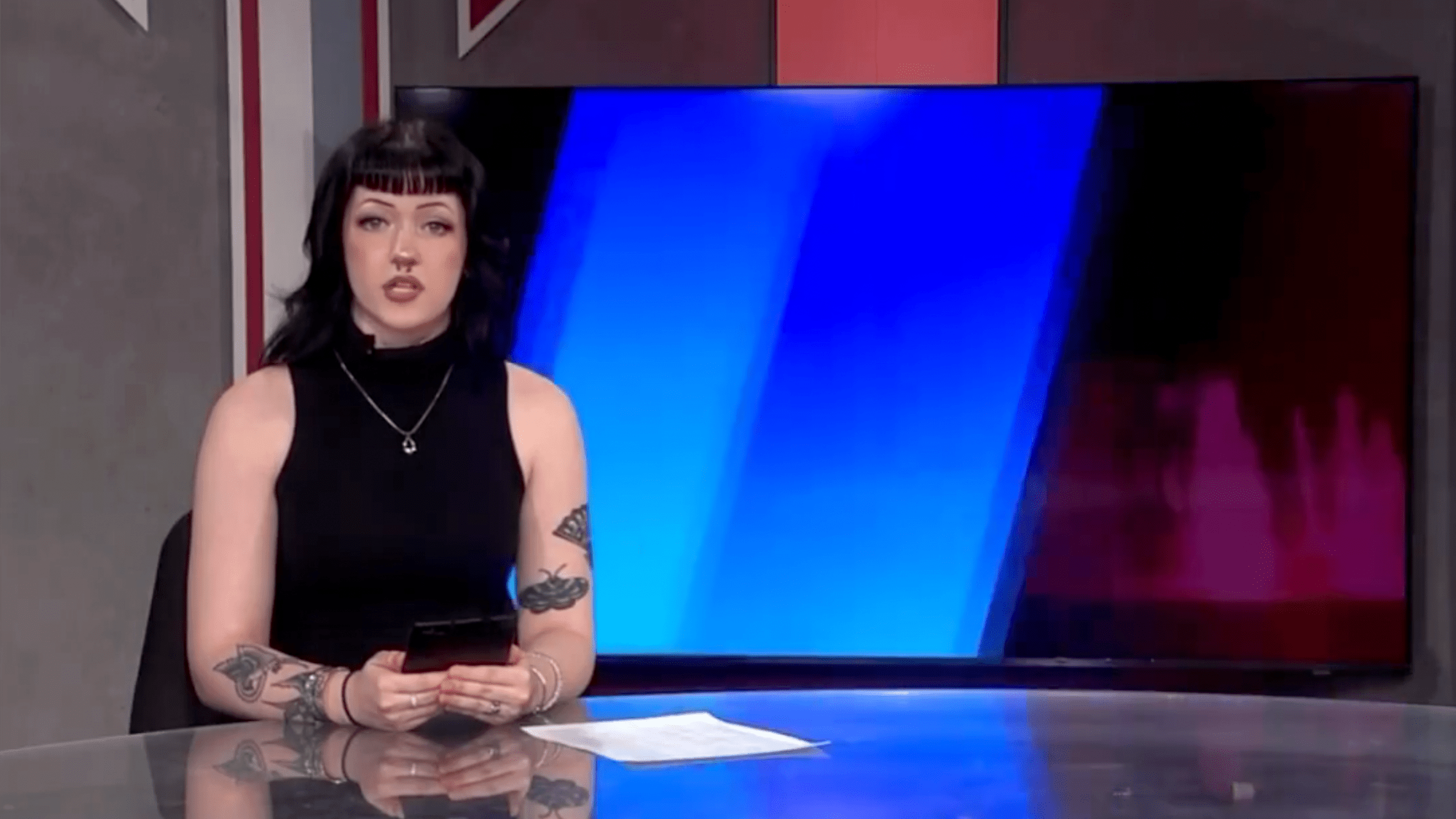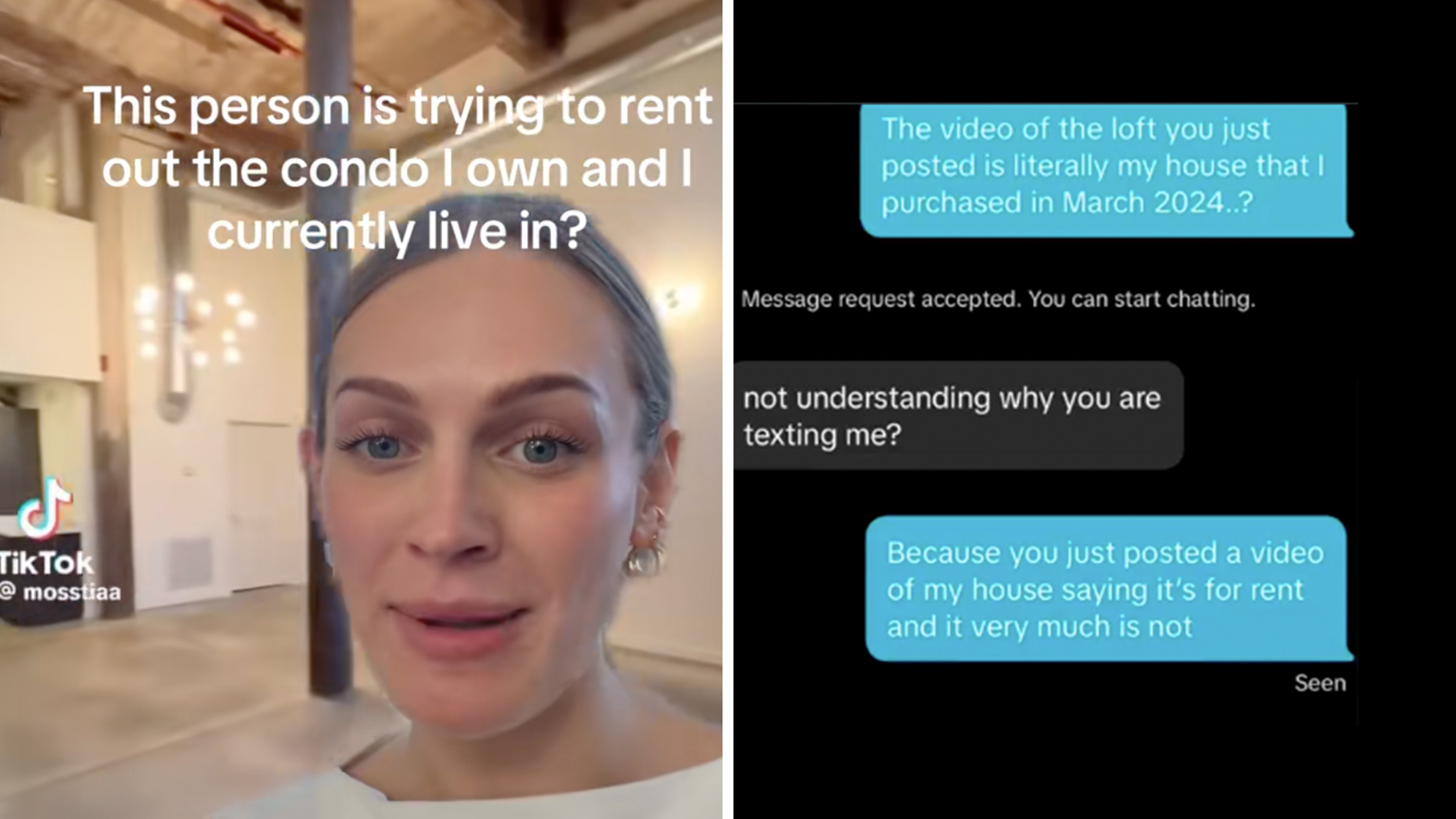When Chicago hosted the Democratic National Convention in 1968, an estimated 10,000 protesters demonstrated in opposition to the ongoing Vietnam War.
This year, the DNC will again be in Chicago. And March on the DNC aims to match those massive numbers, set to coalesce in the city and challenge Democrats' support for Israel's war in Gaza.
March on the DNC is comprised of over 60 social justice organizations, including the U.S. Palestinian Community Network, the Chicago Alliance Against Racist and Political Repression, and the Arab American Action Network. Its main demand is ending U.S. aid to Israel.
Between July 2023 and June 2024, the U.S. gave Israel an estimated $12.5 billion in military aid. In that period, over 38,000 Palestinians have been killed by Israeli military offensives.
President Joe Biden has been a staunch supporter of Israel in its war with Hamas, launched in the wake of the Oct. 7 attacks. But he's also faced sharp criticism, as pro-Palestinian voices rose up in protest across the nation.
But just because Biden is no longer the Democratic nominee doesn’t mean his administration is off the hook: the March dubbed Vice President Kamala Harris, who is now running for president on the Democratic ticket, “Killer Kamala” in press releases.
“Regardless of who the nominee is, we’re marching against the Democrats and their vicious policies that have allowed Israel to kill over 40,000 Palestinians in Gaza,” organizer Fayaani Aboma Mijana said in a press release.
Harris enjoyed a brief honeymoon phase after Biden stepped aside amid a groundswell of online support, but Gaza returned to the forefront shortly after.
Protesters interrupted a recent speech of hers by chanting “Kamala, you can’t hide, we won’t vote for genocide.”
Hatem Abudayyeh, the March's spokesperson and the national chair of the U.S. Palestinian Community Network, told the Daily Dot that organizing for the March began in April 2023, when the convention was announced.
Originally, the March focused on pushing the Democratic party to adopt more progressive policies toward immigrant, LGBTQ, union, and reproductive rights and combating police brutality. But after the Israel-Hamas war began, organizers shifted course and made Palestinian aid and liberation the march's main focus.
"Even before October, before I knew this was a [Palestinian] genocide ... We were going to do this," Abudayyeh told the Daily Dot. "Because we care about all the other issues too: police accountability and stopping police crimes and reproductive rights and LGBTQ+ rights and women's rights and workers rights and immigrant rights and Black liberation."
The March’s fight for other rights mirrors the frustration progressives have felt within the party on Gaza.
While Democrats have made statements about supporting a ceasefire, Palestinian liberation has not been included in the party platform, prompting protest, outcry, and even an electoral movement against Biden in the Democratic primary.
The Uncommitted National Movement, which urged voters to vote “uncommitted” rather than for Biden to protest his support for Israel, picked up 29 delegates who will advocate for a ceasefire at the DNC.
Abudayyeh told the Daily Dot that the March coalition has been in conversation with Uncommitted about delegate involvement in the protest.
“I hope there will be delegates who say, ‘listen, the action is outside and we want to be in the protests,’” he said.
The March is likely to be one of the biggest pro-Palestinian gatherings since this spring’s college campus protest encampments—one organizer told the Daily Dot it is expecting “tens of thousands” of people.
The college encampments were shut down by police across the country, and more than 3,000 college students were arrested or detained for protesting their schools' monetary ties to Israel.
At Columbia University, over 200 students were arrested en masse. And at UCLA, counter-protesters attacked pro-Palestinian groups while cops "stood by."
The safety and security of protesters during the March is a concern of the organizers. Abudayyeh told the Daily Dot that the coalition plans to depend on itself and its allies—like the National Lawyers Guild—for protection during the demonstrations.
"We keep us safe. It's the movement, it's our institutions, it's our coalitions that provide safety for the community and for the protesters," Abudayyeh said. "We have great lawyers with the National Lawyers Guild who are working with us on Know Your Rights presentations. We have a security committee with trained marshals. And we have the power of our voices."
But the specter of the 1968 convention looms large as well. That year, Chicago police and the National Guard violently shut down protests, making over 650 arrests and injuring hundreds.
And some of the protest's struggles have already mirrored that divisive time in history. As of now, the March plans to use a route that has not been permitted by Chicago.
A similar permit fiasco happened in 1968: At that time, Chicago blocked, ignored, and rejected protestors from getting permits, allowing the crackdown by cops.
March organizers applied for a City of Chicago First Amendment permit to be within "sight and sound" of the convention. Instead, the city offered the March a street that is miles away from the site—and too small for the potentially massive march to fit. While the city has since agreed to the "sight and sound" request it has yet to offer a complete route, claiming the Secret Service security perimeter has yet to be fully established.
But Abudayyeh is undeterred.
"The masses are the determinants here," he told he Daily Dot. "If you have tens of thousands, 100,000 people, then you're gonna be able to march."
Internet culture is chaotic—but we’ll break it down for you in one daily email. Sign up for the Daily Dot’s web_crawlr newsletter here. You’ll get the best (and worst) of the internet straight into your inbox.






